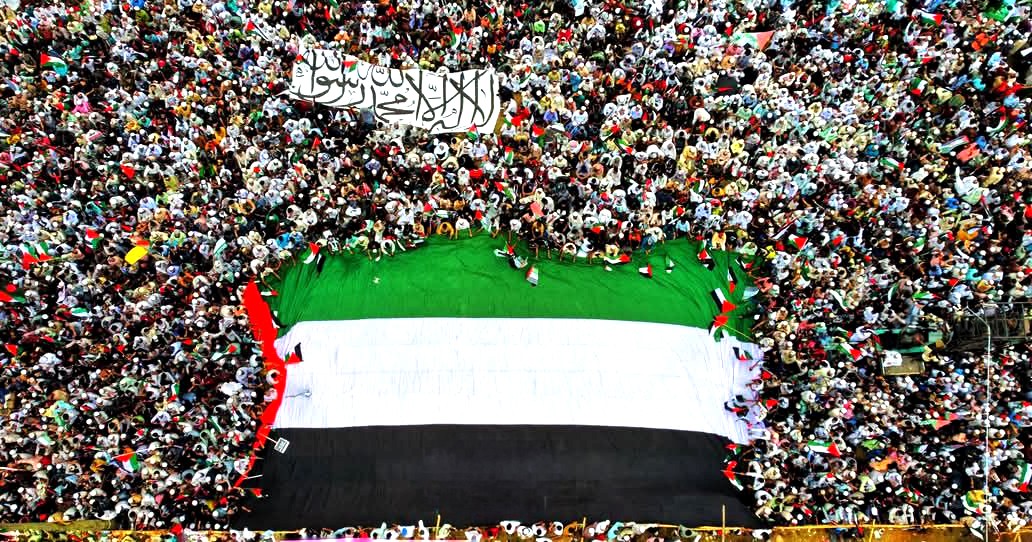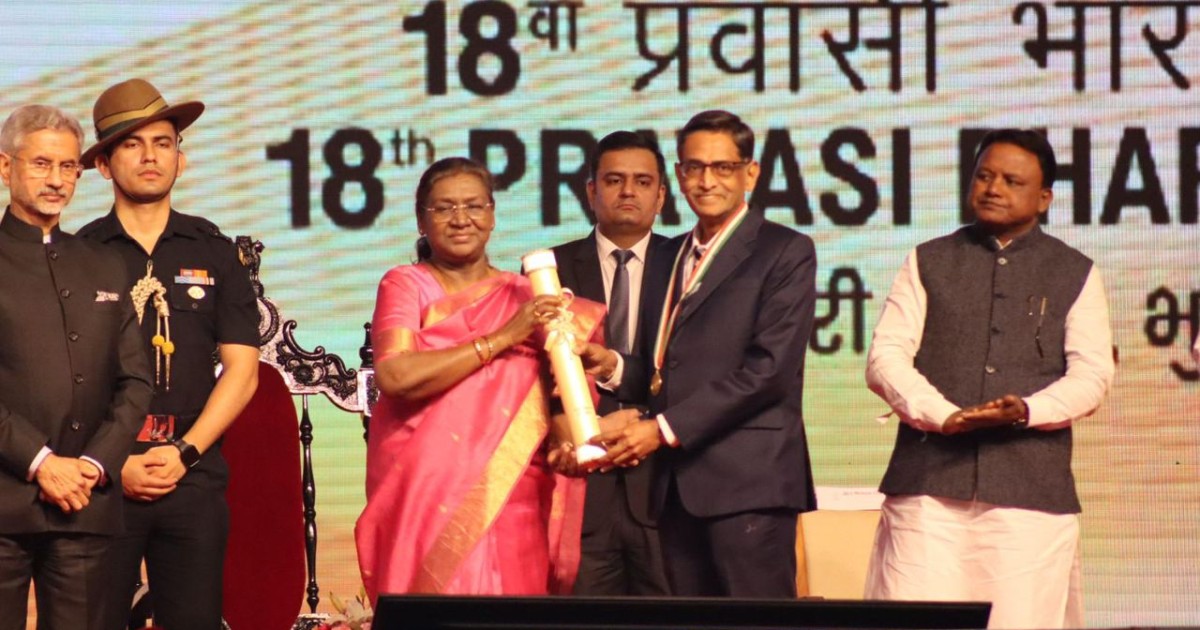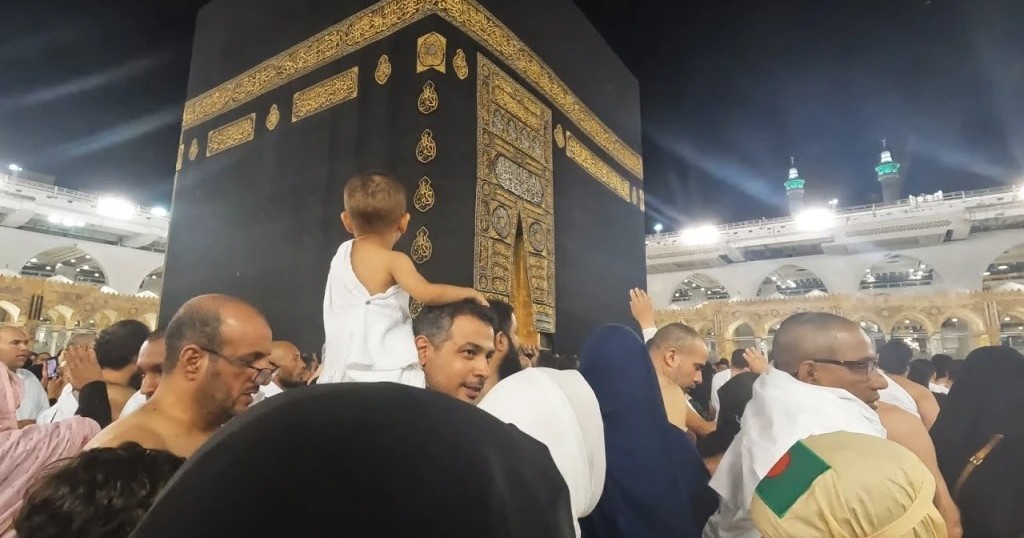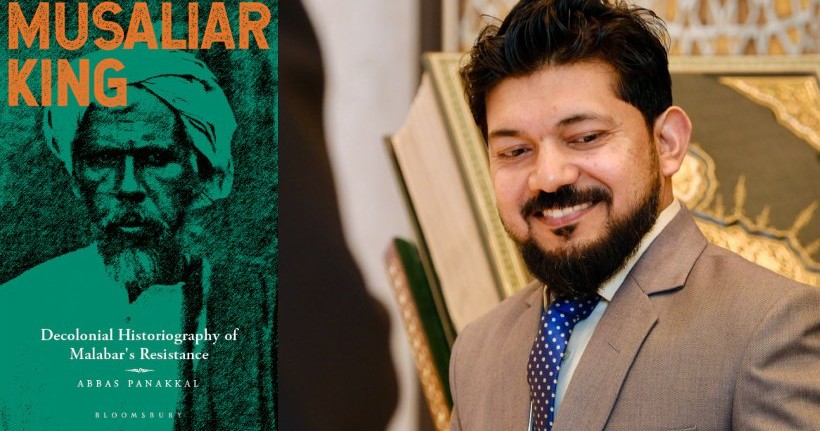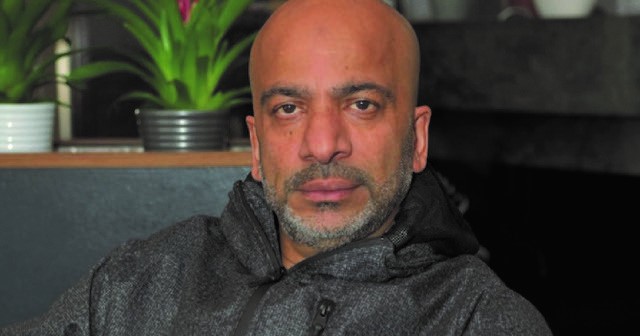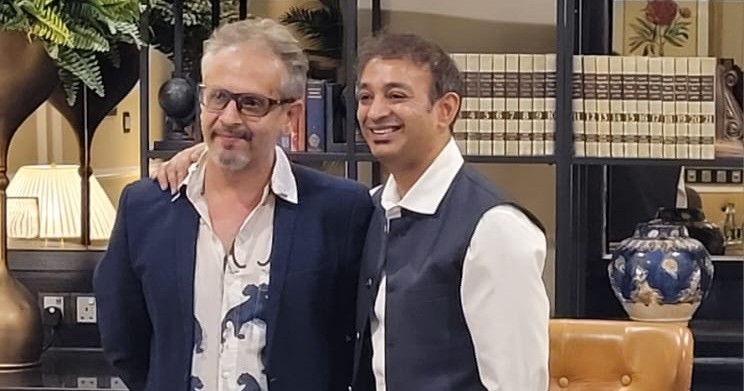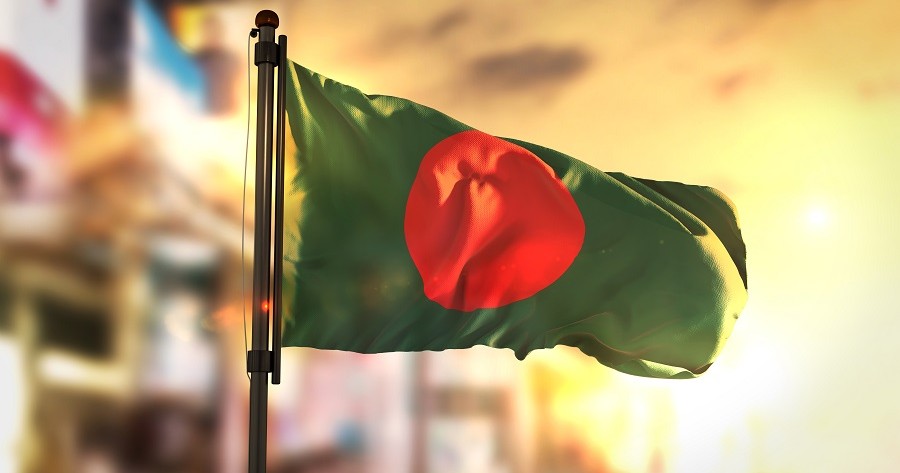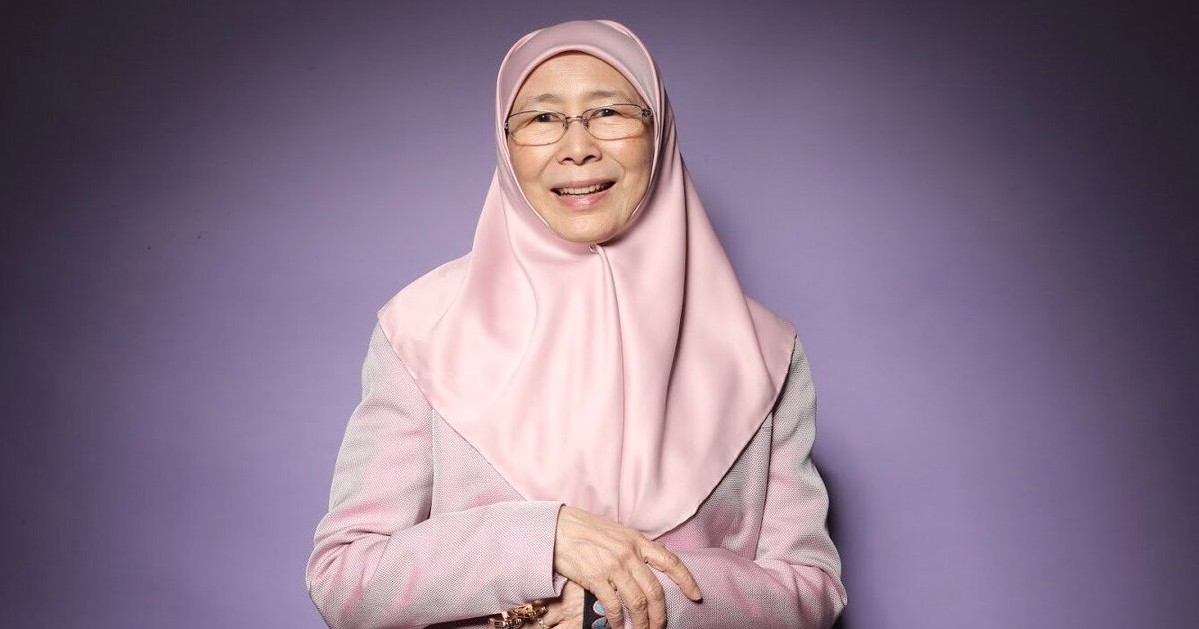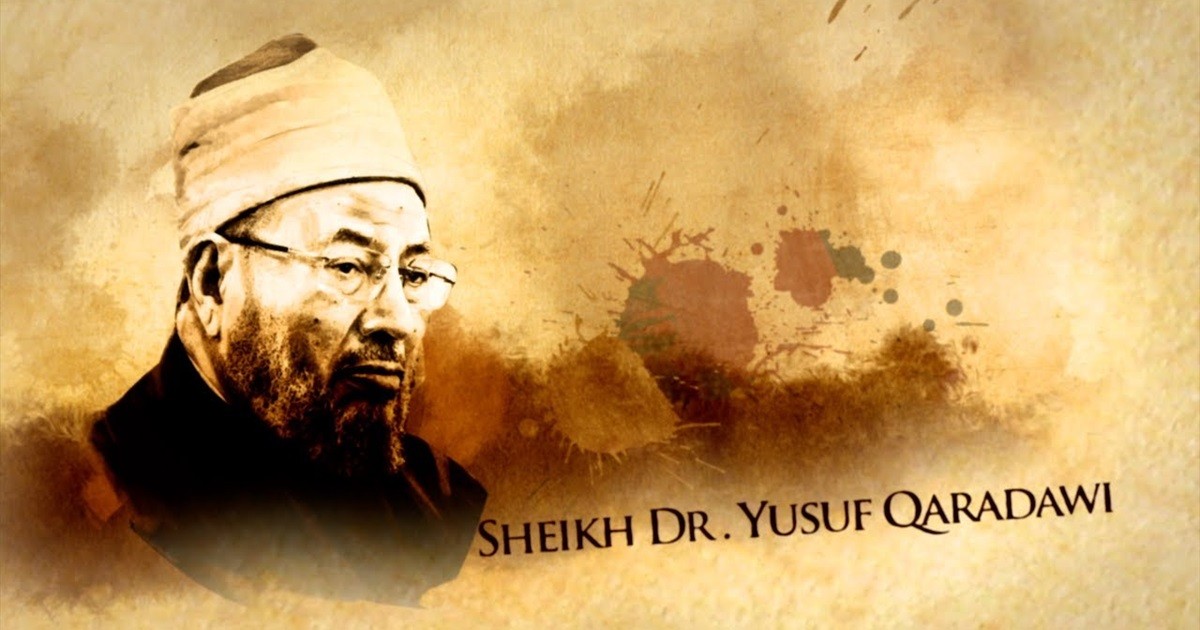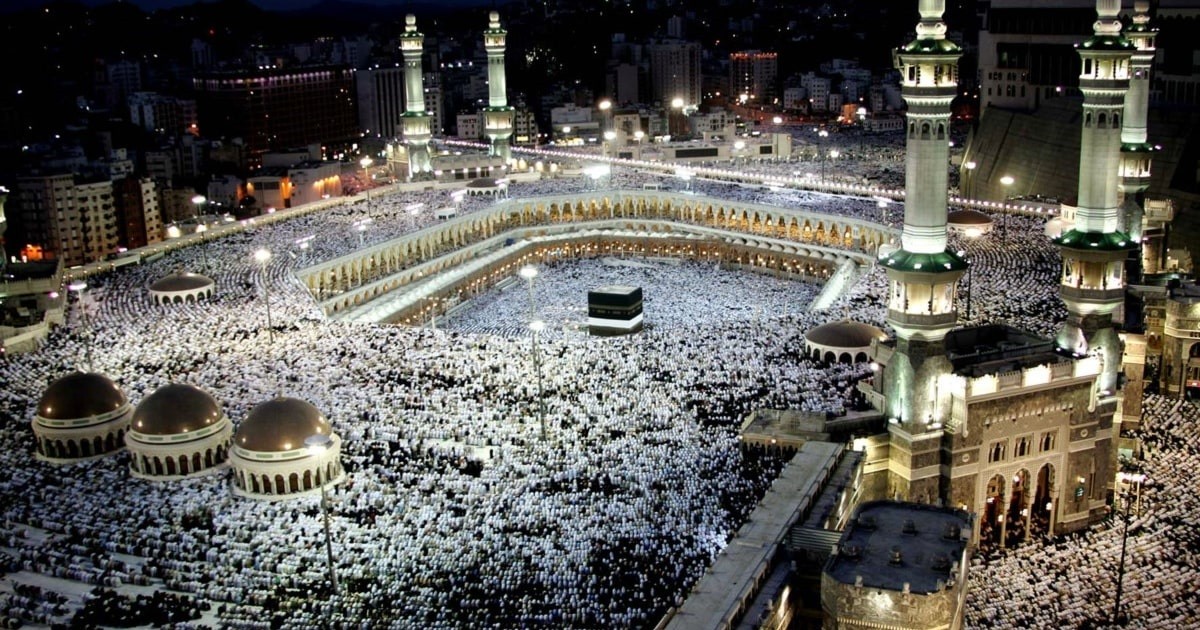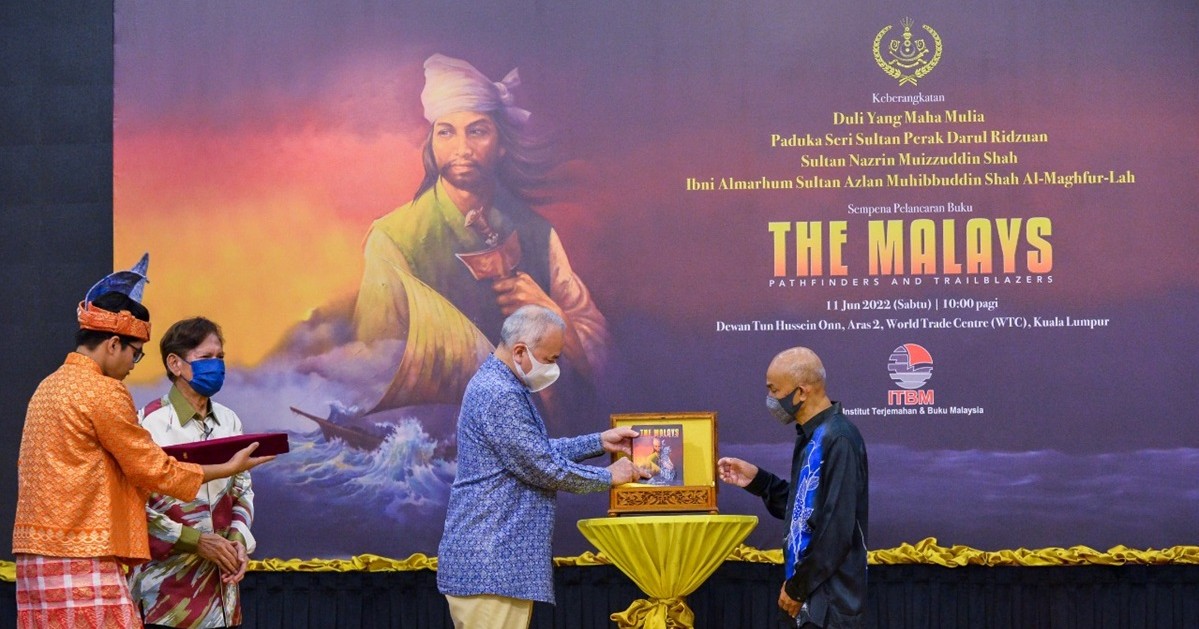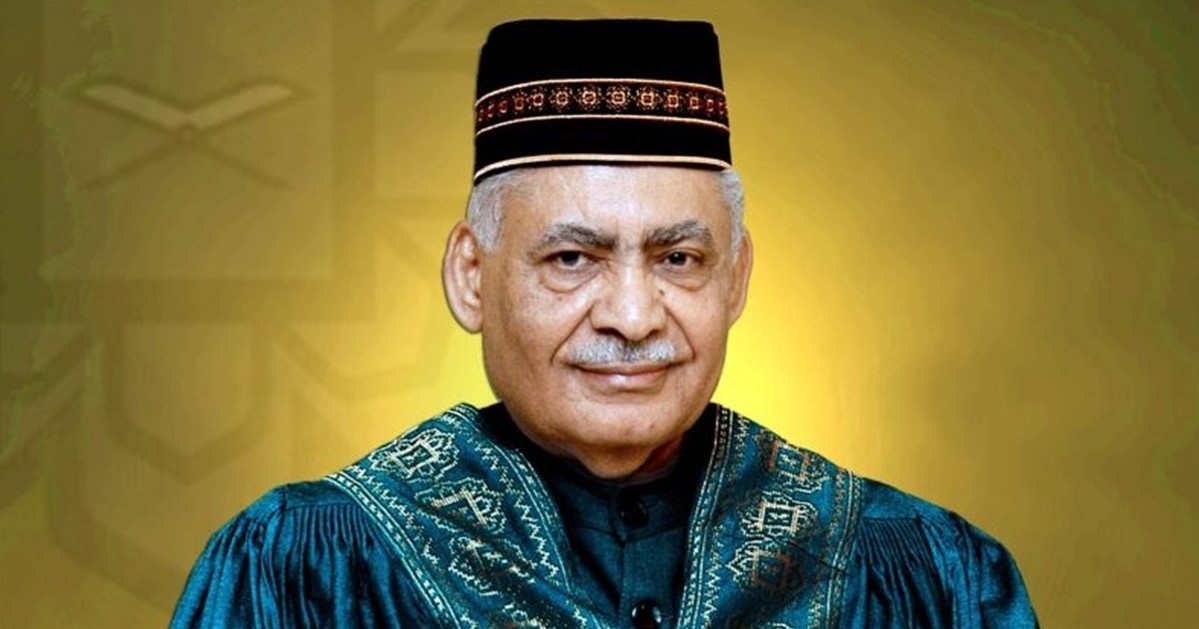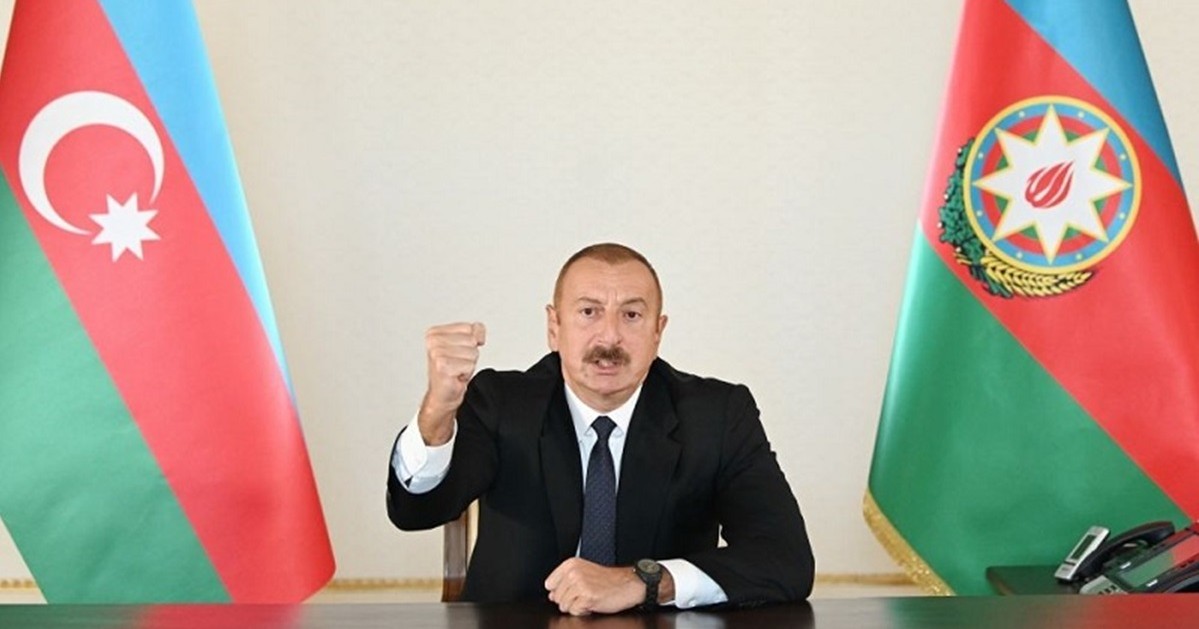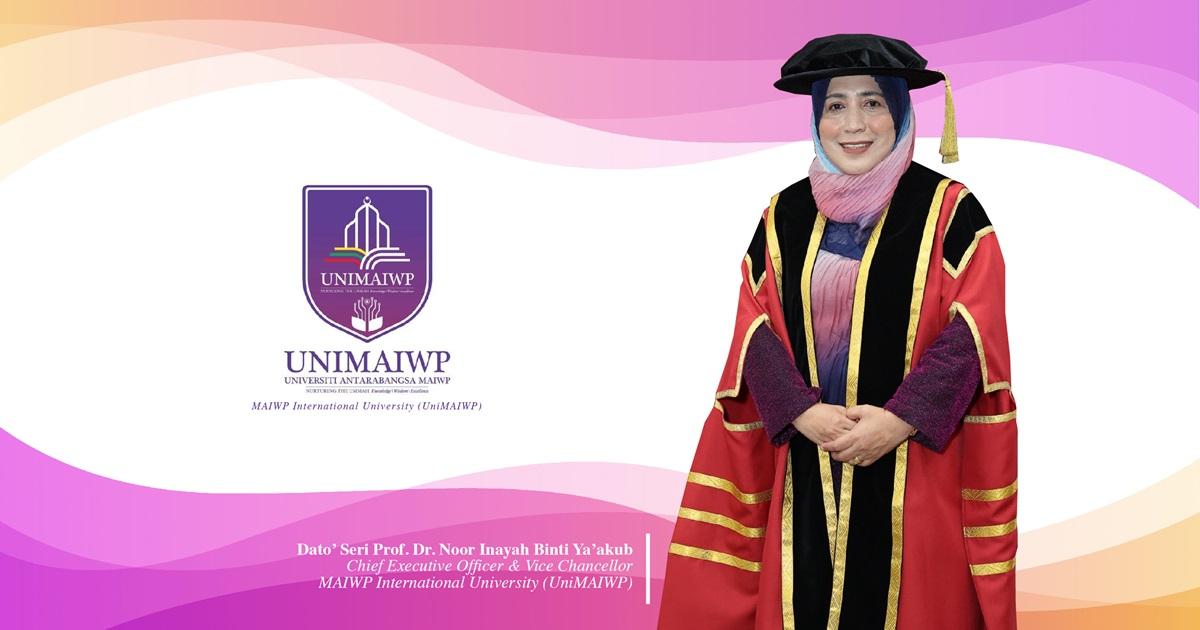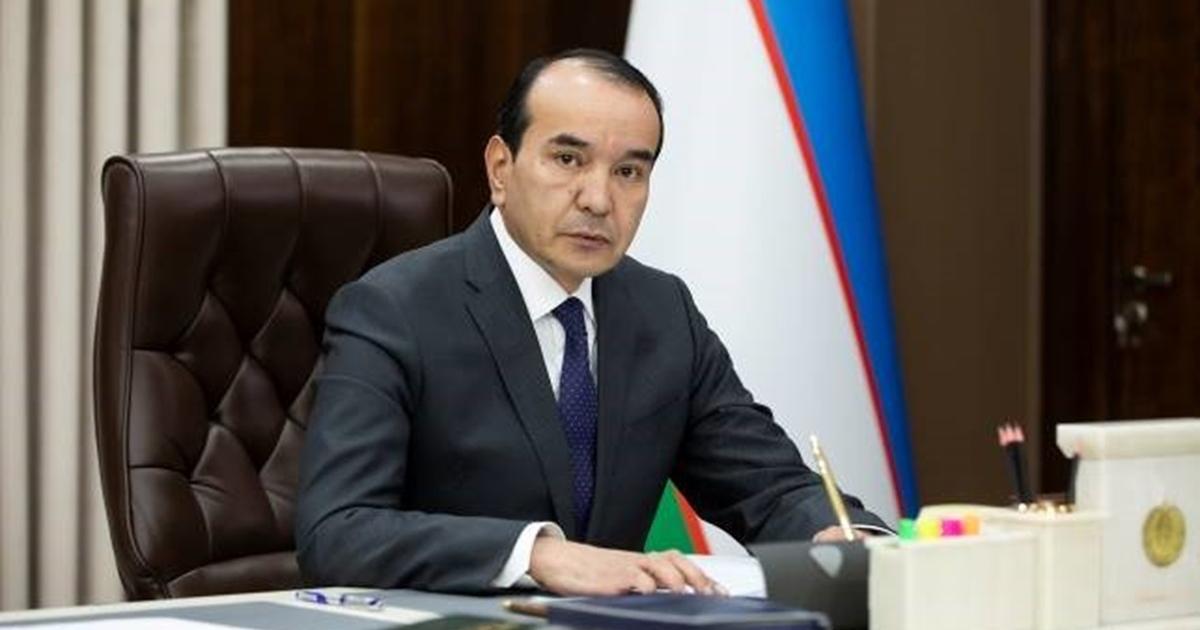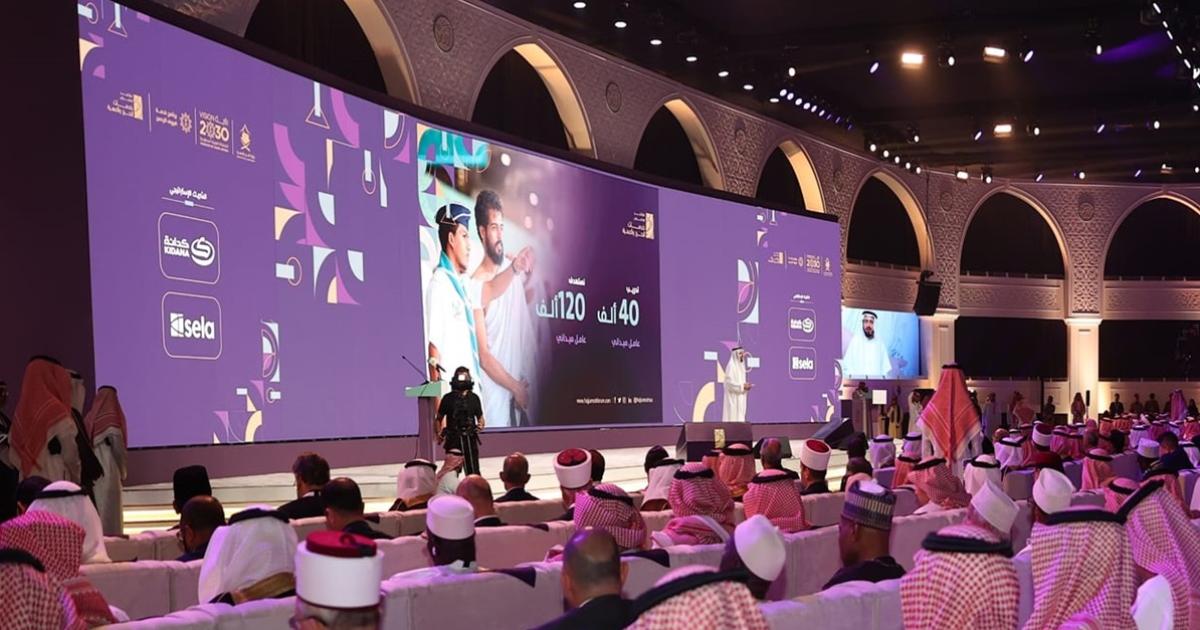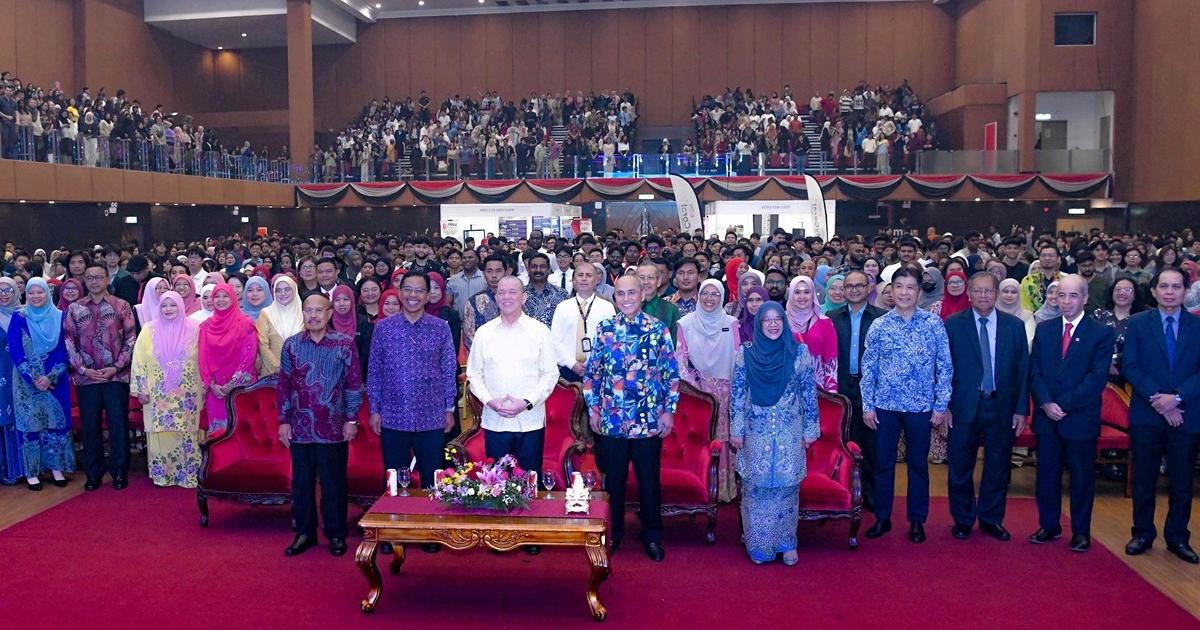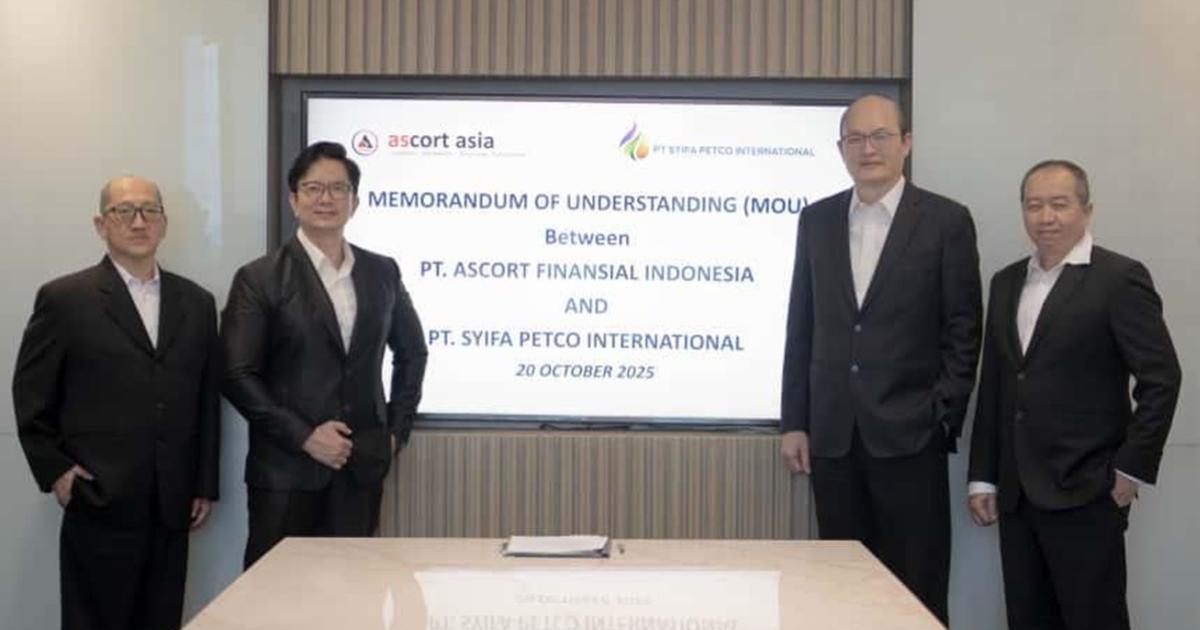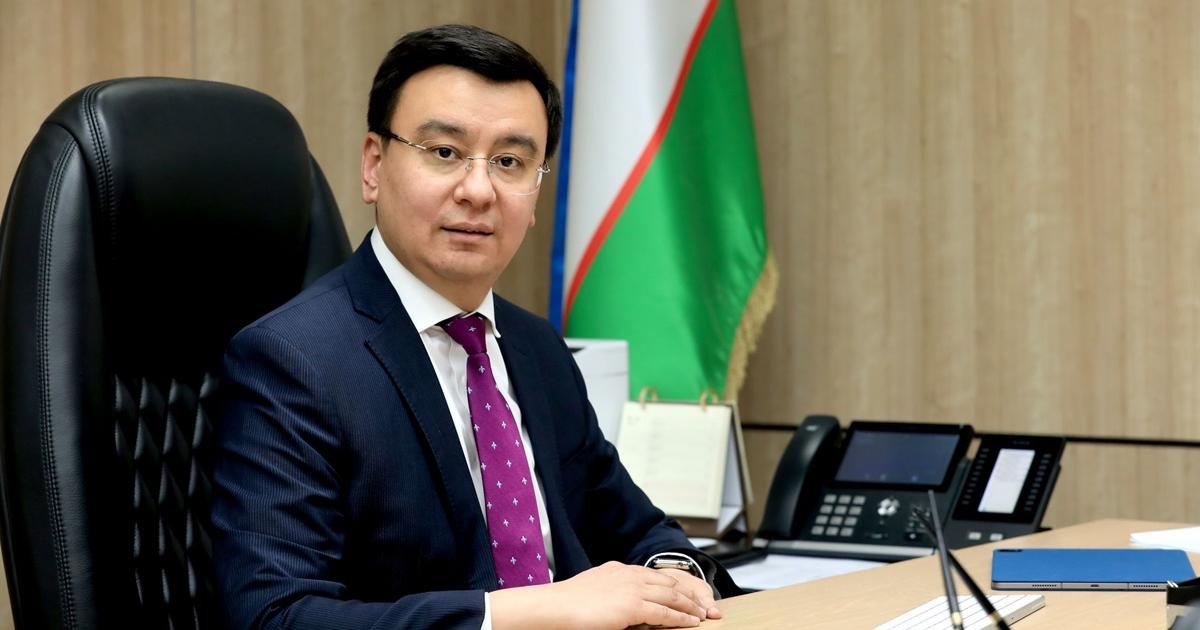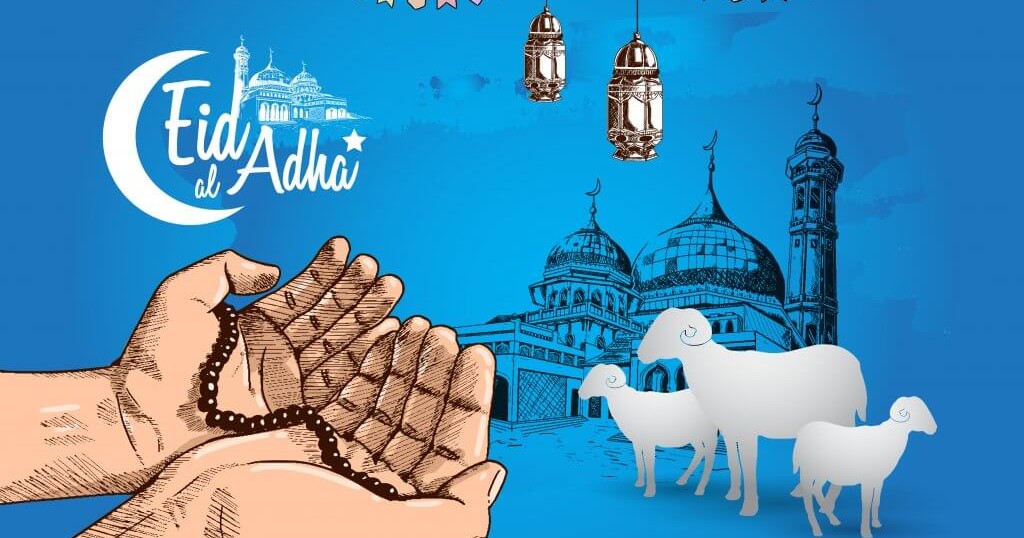
The primary motivation of the celebration of Eid-ul-Adha is to commemorate Prophet Ibrahim’s (PBUH) devotion to the creator and his readiness to sacrifice his son, Ismail. The command of God to sacrifice Ismail was not a literal command but one with symbolic and spiritual significance. It was indeed a test of Prophet Ibrahim’s (PBUH) willingness and commitment to obey his Lord’s command, without question or doubt or hesitation. This article will provide a perspective of Eid-ul-Adha and the meaning of sacrifice from a spiritual point of view.
At the very outset, it needs to be noted that, Eid al-Adha or the Feast of Sacrifice is celebrated by Muslims all over the world as a major holiday for a period of three to four days. The majority of Muslims will attend the special prayers held at different major mosques and Islamic centers all over the world. Muslims usually wear new clothes and some exchange gifts while children are entertained and take a day off from school, including college students. Many Muslims also do not go to work on that day. The origin of Eid al-Adha or the story of sacrifice dates from the historic event when Prophet Ibrahim (PBUH) was commanded by God, in a form of a dream vision, to sacrifice his son, Ismail. The story is mentioned in Chapter 37 of the Holy Qur'an.
Eid al-Adha enjoys special significance because the Day of Sacrifice marks the climax of Hajj or Pilgrimage, which is the fifth pillar of Islam. This annual pilgrimage to Mecca and Madinah in Saudi Arabia is an obligation only for those men and women who are physically and financially able to perform it once in their lifetime.
The significance of the sacrifice story has meaning beyond the surface level understanding. Eid Al-Adha has unique spiritual, devotional, educational, and social meanings. It implants in the Muslim’s heart the spirit of sharing and caring. It has special rituals, ethics, and values that could, if properly observed, change a Muslim’s affairs for the better. We live in a world where we tend to focus a lot on the superficial, on the apparent, and the outward; while the inner dimensions of our actions and the higher purpose of why we do what we do, are often lost. The heart seems absent, and by heart, what is meant here is the confluence of the intellect, emotion, and consciousness. In the Qur'an, the heart signifies the symbol of the spiritual dimension of the physical self, and that understanding by the heart is often ignored; “Indeed, it is not eyes that are blinded, but blinded are the hearts… (Quran, 22: 46).
The presence of the heart is essential for higher consciousness and as to why we do the acts and rituals that we do. Prophet Muhammad (PBUH) thus emphasized; “Your faith will not be correct unless your heart is correct” (Bukhari). He often pointed to the heart as the locus of taqwa/piety; bringing to our attention that the heart is the essence, the axis of goodness and well-being within ourselves; “Allah judges us not by our physicality and our appearances but rather by our deeds that emanate from the sincerity of heart.” (Sahīh Muslim).
From the above perspective, it is clearly evident that rituals and actions of human beings do not only have physical dimensions or literal meanings, they have inner meanings or spiritual manifestations as well. As regards the story of the sacrifice of Prophet Ibrahim (PBUH), the spiritual perspective is too powerful to ignore. It conveys two prevailing messages. First, the will of God is meant to be for good; in other words, God does not place human beings intentionally in a place where they will be harmed. Ultimately, the Prophet’s son was not sacrificed. Second, the story upholds the value of following God’s will, irrespective of the difficulty or impossibility of the task. No matter how difficult it was for Ibrahim (PBUH), he went on to fulfill His command without any reservations whatsoever.
So, if we truly engage our hearts with the true essence and spirit of Eid-ul-Adha and the story of sacrifice behind the ritual, it will open our minds and elevate our insight; evoking our higher consciousness and spirituality. Then, perhaps, we may really appreciate the true value of our acts well beyond the ritual of Eid-ul-Adha and learn to make sacrifices for establishing justice, goodness, liberty, and for uprooting evil, injustice, corruption, and slavery. Eid-ul-Adha can be a source of inspiration and spirituality for all human beings, irrespective of their ethnoreligious, cultural, national, and racial backgrounds.
- Business News 100
- Country News 16
- Feature News 30
- International News 151
- Interview News 35
- National News 18






